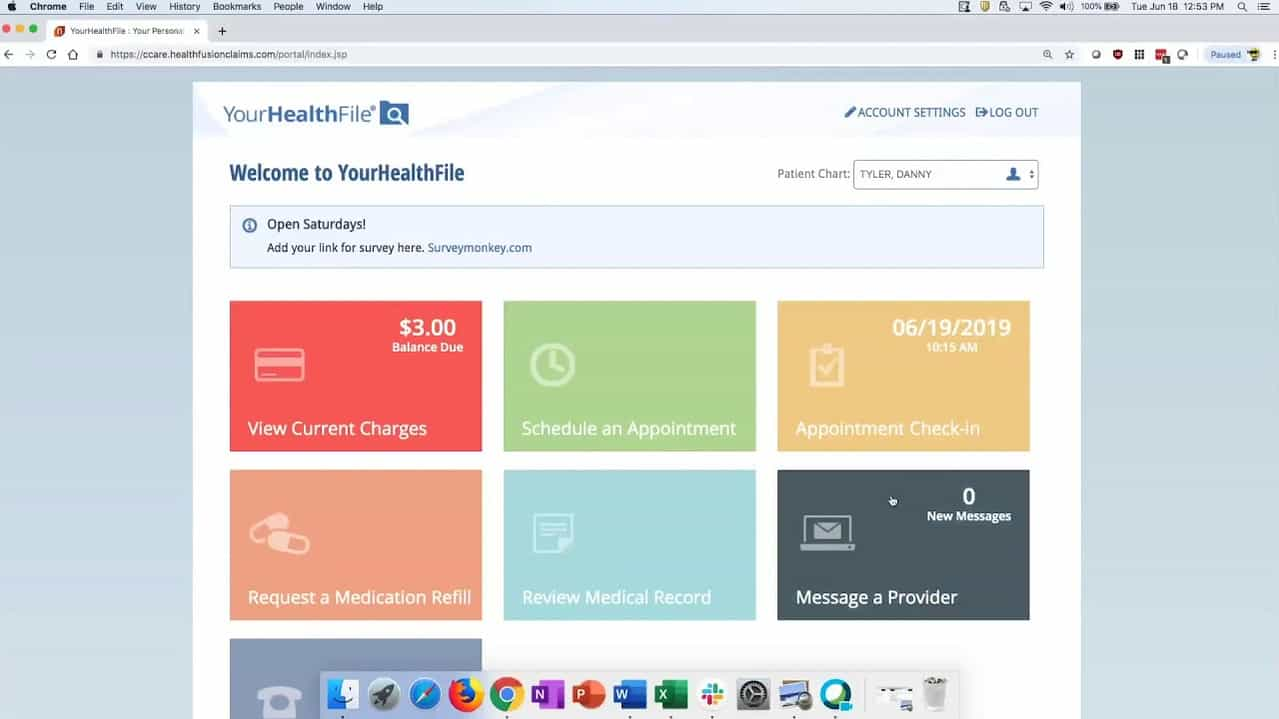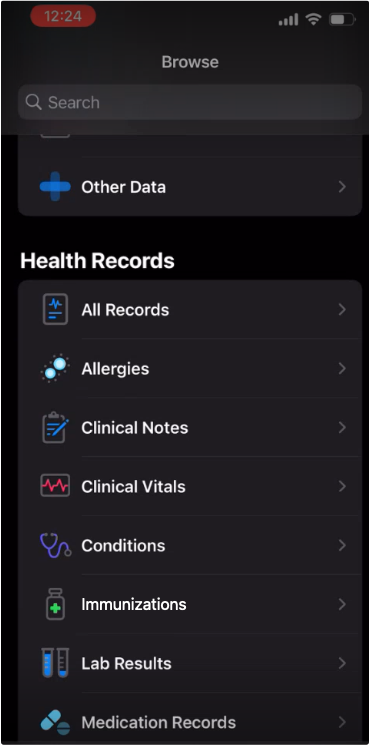2022 Update On 21st Century Cures Act Regulations
The 21st Century Cures Act, known more simply as the Cures Act, became law in 2016. This bipartisan legislation sought to increase choice and access...

What is the 21st Century Cures Act (CURES) and what it does it mean to your practice? The 21st Century Cures Act has broadly impacted medical practices and the healthcare industry as a whole. The CURES act also includes“interoperability and information blocking” rules aimed at advancing interoperability between health IT systems and granting patients easy access to their data.
The 21st Century Cures Act was created to drive electronic access, exchange, and use of health information. The Office of the National Coordinator for Health Information Technology (ONC) Cures Act Final Rule implements the interoperability provisions of the Cures Act to promote patient control over their own health information.
The 21st Century Cures Act defines information blocking as a “practice that … is likely to interfere with, prevent, or materially discourage access, exchange or use of electronic health information.” Under the law, an “actor” (healthcare provider) who knowingly engages in such a practice can be charged with information blocking. Under the rule, actors receiving a reasonable request for health information must respond in a timely fashion either by sharing specific types of data or claiming one of eight (8) permissible exceptions. Failure to do so could lead to a complaint to the Department of Health and Human Services (HHS) and subsequent information blocking charges.
The ONC initially finalized a compliance date starting six (6) months from the May 1, 2020 publication of the final rules, resulting in a November 2, 2020 compliance deadline for “actors” subject to the information blocking restrictions (e.g., healthcare providers, as well as Health IT developers, health information exchanges, and health information networks).
However, an ONC interim final rule released on October 29, 2020 delays this deadline.
The new regulatory deadline for information blocking is April 5, 2021.
Important Note: Those providers who are subject to MIPS should remember that the Promoting Interoperability performance category requires a three-part “Prevention of Information Blocking” attestation
Yes, the government has outlined new and updated certification criteria related to interoperability and information blocking rules under the new 2015 Edition Cures Update. Among other things, the new criteria include expanded electronic healthcare information (EHI) requirements and the latest version of the HL7 FHIR standards.

The 21st Century Cures ACT or CURES empowers patients to interact with and take greater control of their health record in a modern health IT economy. Putting patients in charge of their health records is a key piece of patient control in health care, and patient control is at the center of HHS' work toward a value-based health care system.
The ONC Cures Act Final Rule implements interoperability requirements outlined in the Cures Act. Patients need more power in their health care, and access to information is key to making that.
Is your EHR Ready for 21ST Century Cures? Learn more about NextGen Office EHR/PM

The 21st Century Cures Act, known more simply as the Cures Act, became law in 2016. This bipartisan legislation sought to increase choice and access...

An easy to use, friendly, patient web portal is a key element in today's medical practice. Patient use of the NextGen Office patient portal leads to...

NextGen Healthcare is pleased to announce the upcoming launch of the Apple® Health integration with NextGen® Office by December 5, 2023.